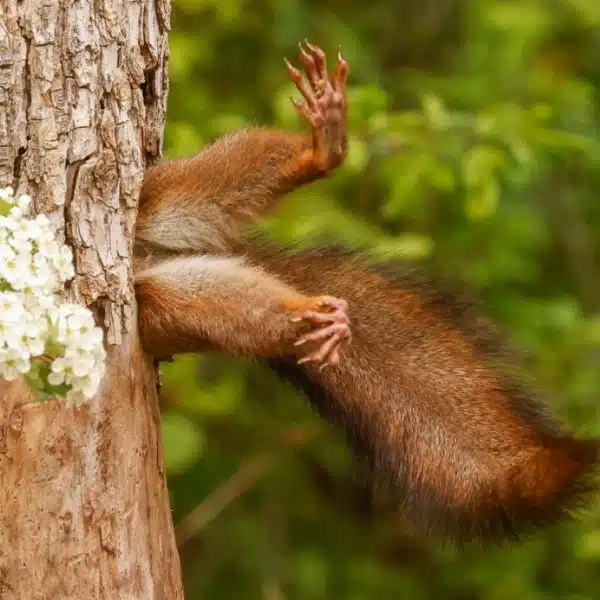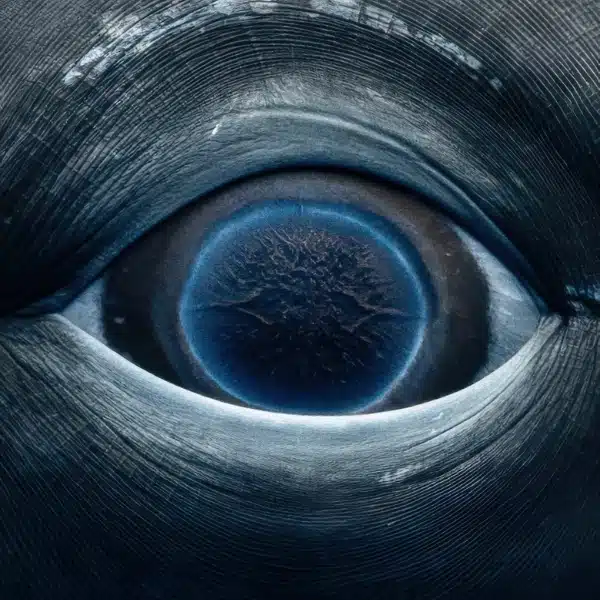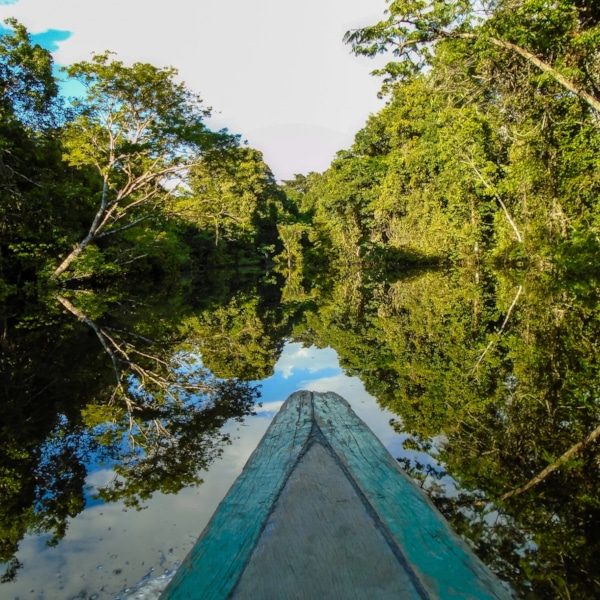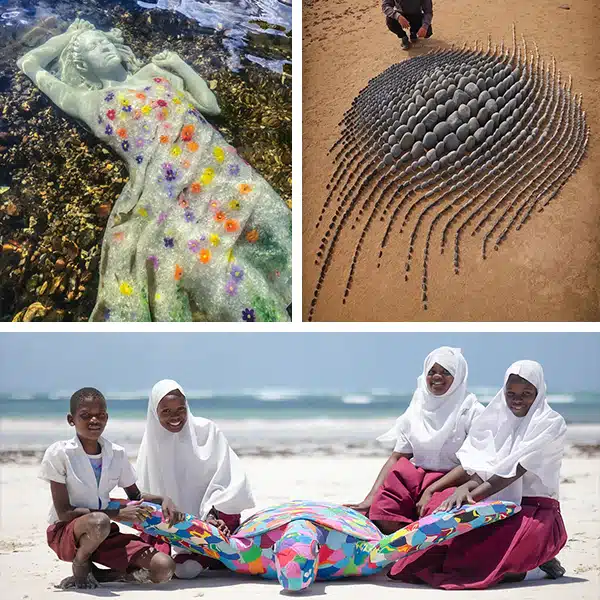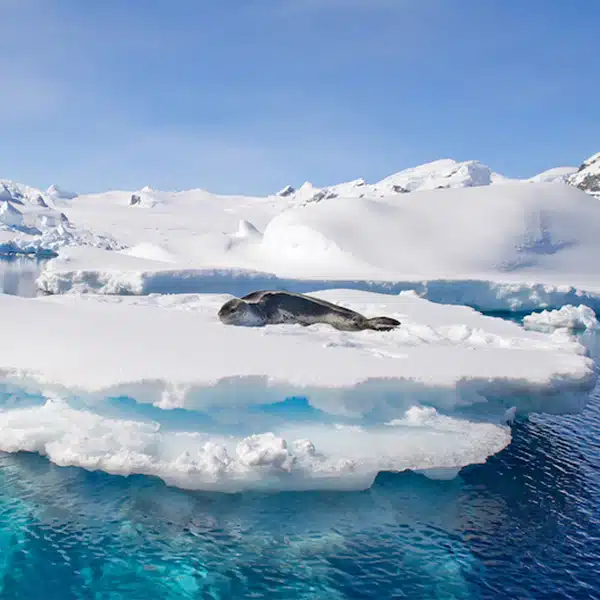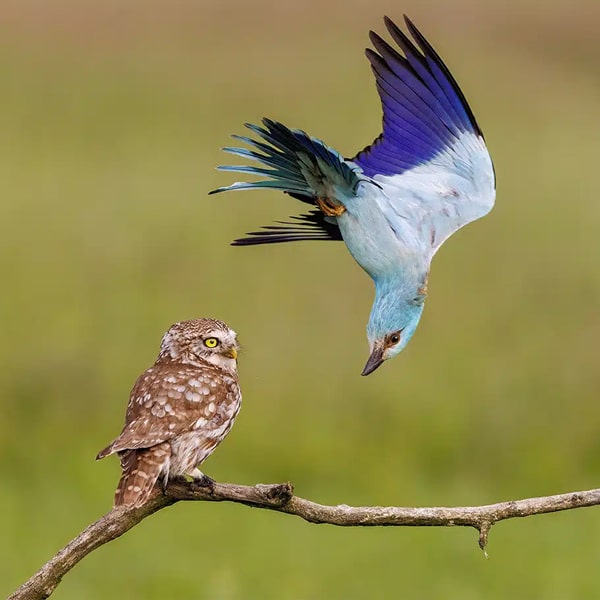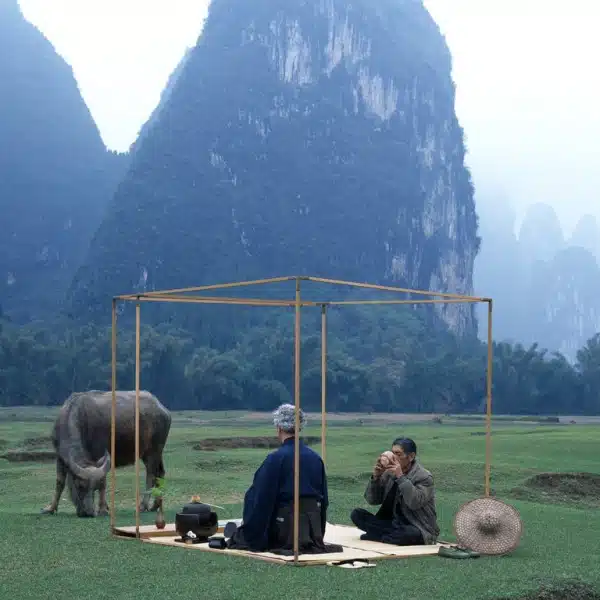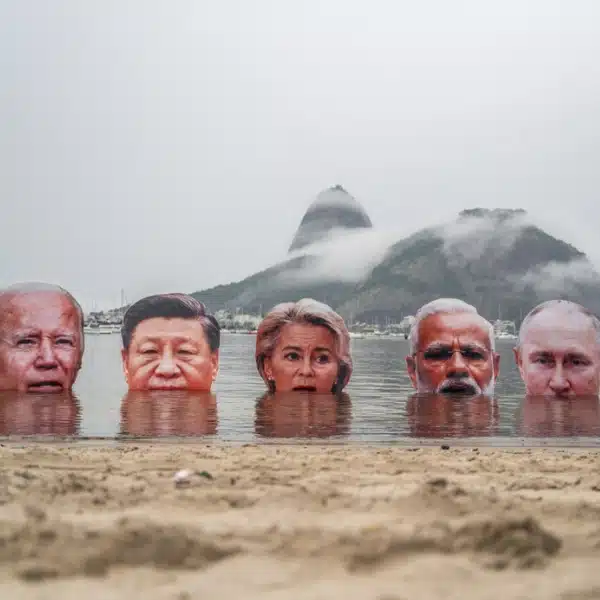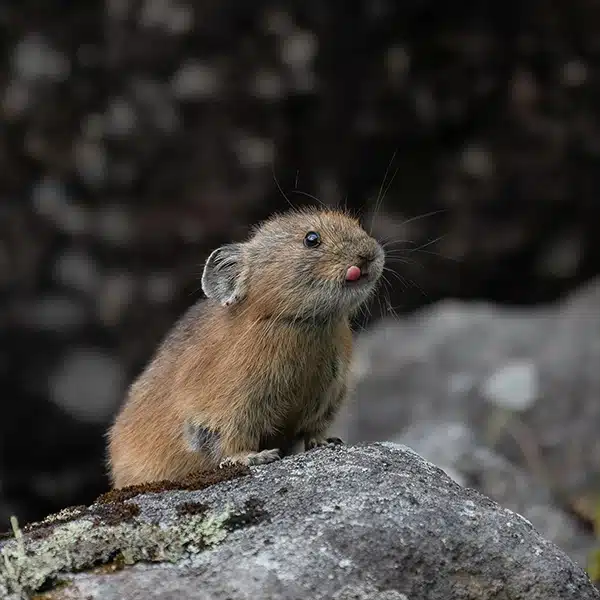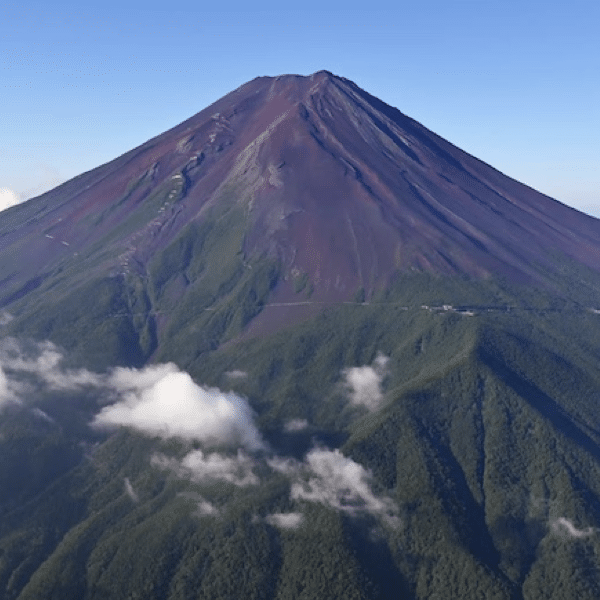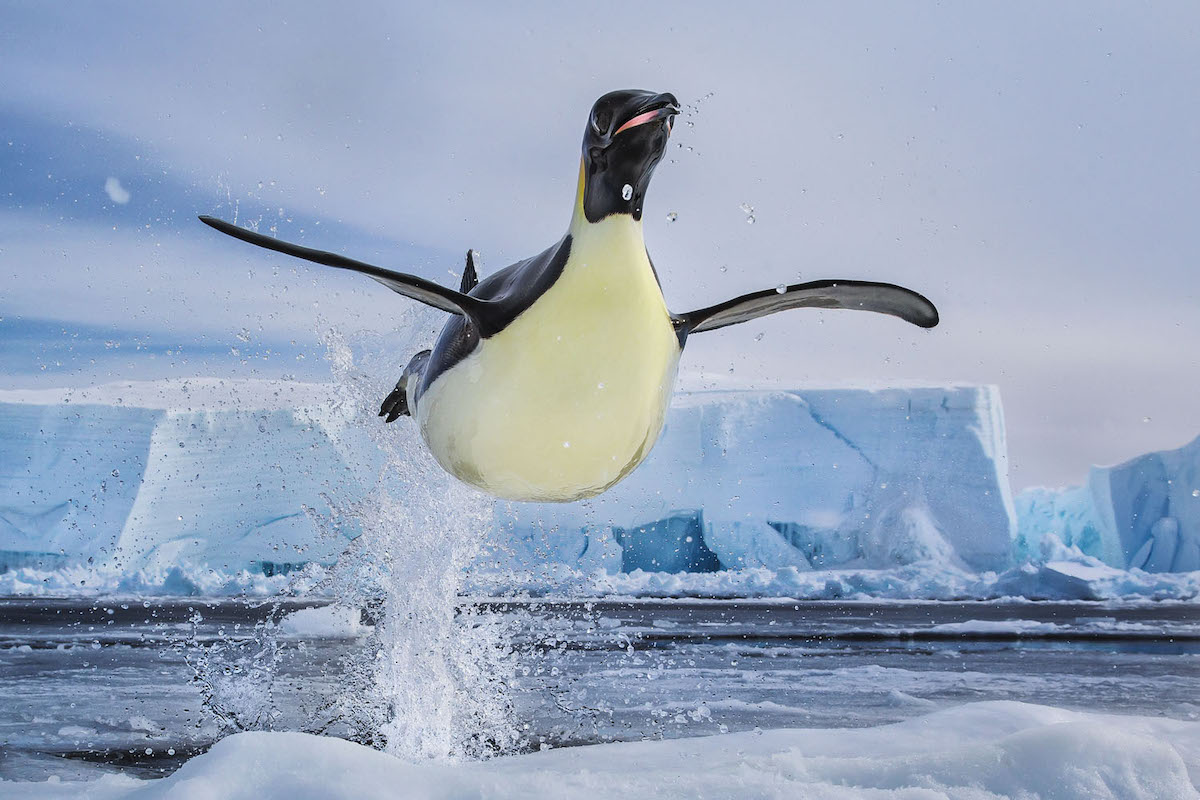
“Icy Flight” by Paul Nicklen
One hundred of today's best photographers have come together to rally around a cause—saving the environment. Using their art, they are raising funds to support grassroots conservation organizations. Vital Impacts is a non-profit led by award-winning photographer Ami Vitale and visual journalist Eileen Mignoni. They have gathered some of the biggest names in photography and have asked these artists to put their work up for sale, with 60% of the net profits going toward grassroots conservation campaigns.
Both women have dedicated their careers to storytelling that shines a light on the triumphs and struggles of our environment. By coming together, they are using their roles as leaders in the industry to do even more good. Joining them are some of My Modern Met's favorite photographers, including Cristina Mittermeier, Will Burrard-Lucas, Xavi Bou, Stephen Wilkes, and Mitch Dobrowner. Dr. Jane Goodall, the world's foremost expert on chimpanzees, has also contributed several photographs that immortalize her important work.
The current print sale runs until December 31, 2021. There are both open and limited editions available in a variety of sizes. And with prints on sale at a range of prices, there is something for every budget. The prints are the perfect holiday gift that also gives back to charity and is a great way to get some new art for your home.
We had the chance to speak with Ami Vitale about the meaning behind the project and to learn more about the organizations that are benefitting from the sale. Read on for My Modern Met's exclusive interview while enjoying some of our favorite images from Vital Impacts.
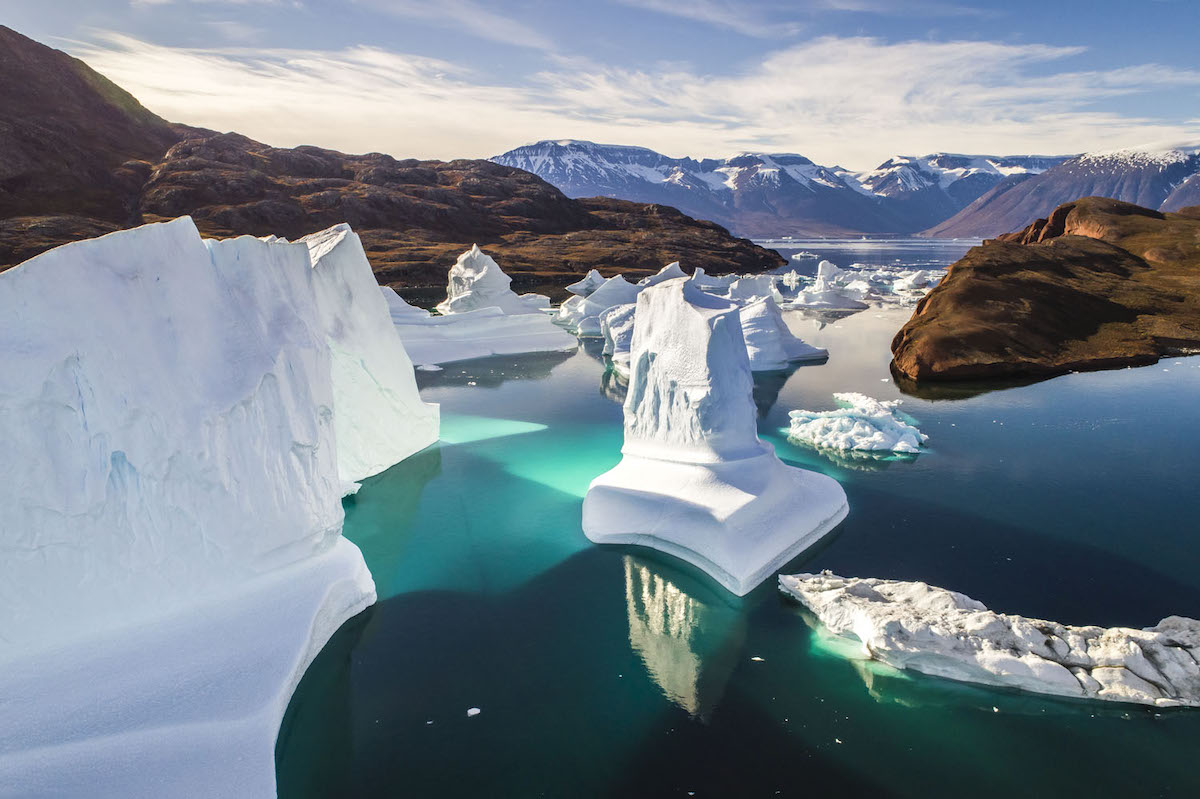
“Iceberg Graveyard Greenland” by Florian Ledoux
What inspired this project?
For the past 25 years, I have been reporting on stories about humanity's impacts on the planet for publications like National Geographic, among many others. Human activity has placed one million plant and animal species in immediate danger of extinction, causing what scientists have identified as the sixth major extinction event on this planet. This extinction event is different—not only is it driven by humans but it is happening at an incredibly fast and accelerating rate. Removal of a keystone species has a huge effect on the ecosystem and impacts all of us. These giants are part of a complex world created over millions of years, and their survival is intertwined with our own survival. Without wildlife, we suffer more than just the loss of ecosystem health. We suffer a loss of imagination, a loss of wonder, a loss of beautiful possibilities.
What happens next is in all of our hands. Nature is resilient if we give it a chance–if we give it our time. We all have the capacity to get engaged and use our voices to make a difference. Each of us will be a much more powerful voice when speaking to the people in our lives. I believe we must first fall in love with the world around us. Love gives us the courage to make a difference. But I know it’s not just about loving this planet. In fact, that’s not going to save us. What’s going to save us is believing in the wonder of this world. Wonder allows us to get beyond routine ways of thinking and to reimagine our future together. Wonder shows us how deeply connected we are to one another and that our choices are profound in their impact. We all want to be on the right side of history and that can only happen when we realize that history is our story and our story is the story of every living thing on this planet. We must not fall into the trap of thinking that this issue is too big to deal with or that someone else will take care of it. It is up to you. It is up to me. It is up to us.
Photography has the unique ability to transcend all languages and help us understand our deep connections to one another and to all of life on this planet. It is the ultimate tool for creating empathy, awareness, and understanding across cultures; a tool for making sense of our commonalities in the world we share.
The genesis of this initiative is to use photography and powerful storytelling images to support organizations working to protect endangered habitats and amplify these critical stories. This is a moment to reimagine our relationship with nature and to each other. We all need to do all we can to care for the plants and critters that inhabit the earth. They are fellow travelers in this universe. Our future happiness depends on them.
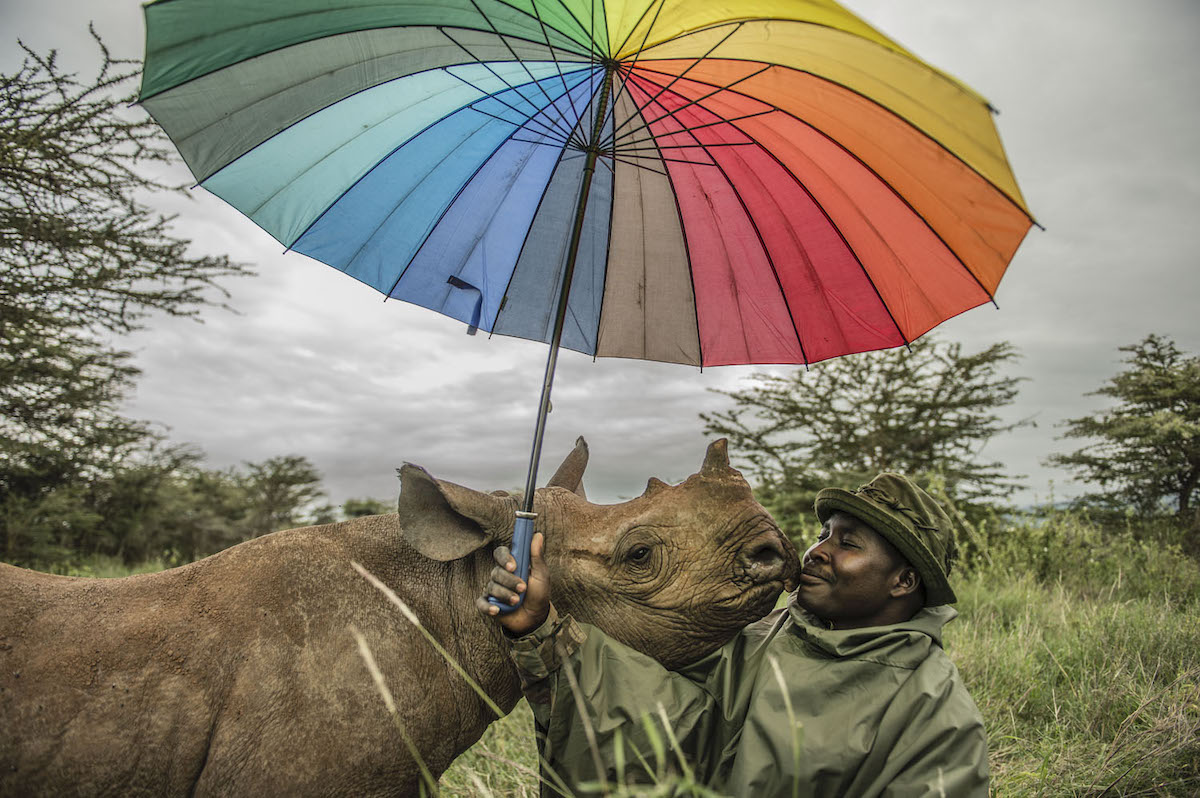
“Kamera and Kilifi” by Ami Vitale
What has been the reception of the photographers asked to join the project?
They have been amazing!! They are working so hard to help promote this sale. The photographs from all the artists in this initiative are diverse but the one thing they all have in common is a shared commitment to the environment. Dr. Jane Goodall DBE, the world's foremost expert on chimpanzees, has also contributed prints, including a self-portrait, as well as two other images showing the remarkable lives of chimpanzees that she has been working to protect for over 60 years.
Our other contributors are drawn from the covers of National Geographic and the world's most prestigious fine-art galleries. Just a few of the exceptional photographers are James Balog, Daniel Beltra, Nick Brandt, Chris Burkard, Jimmy Chin, Tamara Dean, David Doubilet, Beverly Joubert, Keith Ladzinski, Cristina Mittermeier, Jim Naughten, Paul Nicklen, Maggie Steber, Joel Sartore, Tim Flach, Carolyn Guzy, Matthieu Paley, Xavi Bou, Beth Moon, Ami Vitale, Stephen Wilkes, Reuben Wu who are among the hundred photographers we have curated for this.
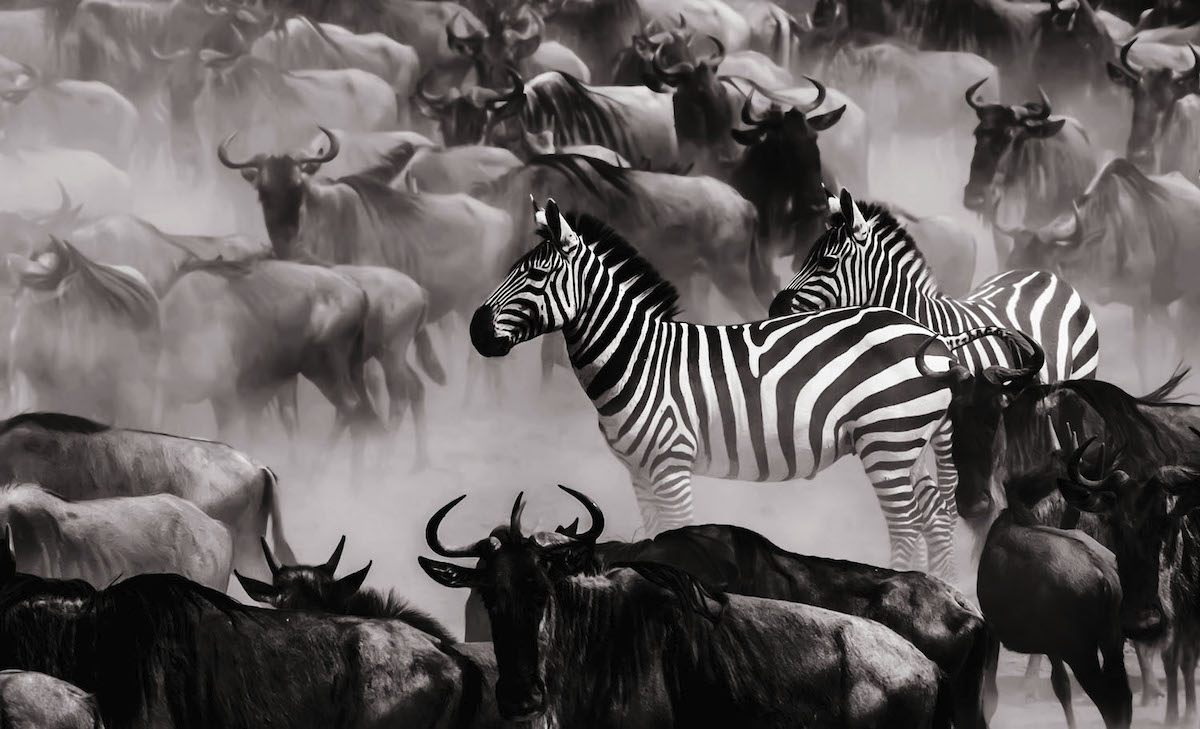
“Calm Before the Storm” by Clement Mwangi
What would you like the public to know in terms of what their money will support if they make a purchase?
We support organizations working to protect endangered habitats and the storytellers who amplify these critical stories. The organizations are Big Life Foundation, Jane Goodall Institute's Roots and Shoots program, Great Plains Conservation's Project Ranger, and SeaLegacy.
Big Life Foundation protects 1.6 million acres in the Amboseli-Tsavo-Kilimanjaro ecosystem on the Kenya-Tanzania border and employs 300+ Maasai rangers.
Jane Goodall Institute's Roots & Shoots program is leading a global movement in conservation by equipping an entire generation of young people to become activated and empowered conservation-minded citizens in their daily lives. Now nearly 100 countries strong and growing, Roots & Shoots is an unprecedented multiplying force in conservation and service-based learning, giving young people the knowledge and confidence to act on their beliefs and make a difference by being part of something bigger than themselves.
In the face of lost tourism revenue driven by COVID-19, Great Plains Conservation's Project Ranger fills a critical gap in supporting the wildlife monitoring, surveying, and anti-poaching operations of existing NGOs in Africa. It is an emergency fund supporting those on the front lines of conservation; supplementing the budget deficits of local ground partners by funding salaries and providing operational support for wildlife monitors, rangers, and anti-poaching personnel.
SeaLegacy supports ground-breaking advocacy campaigns, which include support of vital ocean projects, innovators, and impact organizations that put equity and the environment first.
See more of our favorite images from the Vital Impacts conservation photography sale.
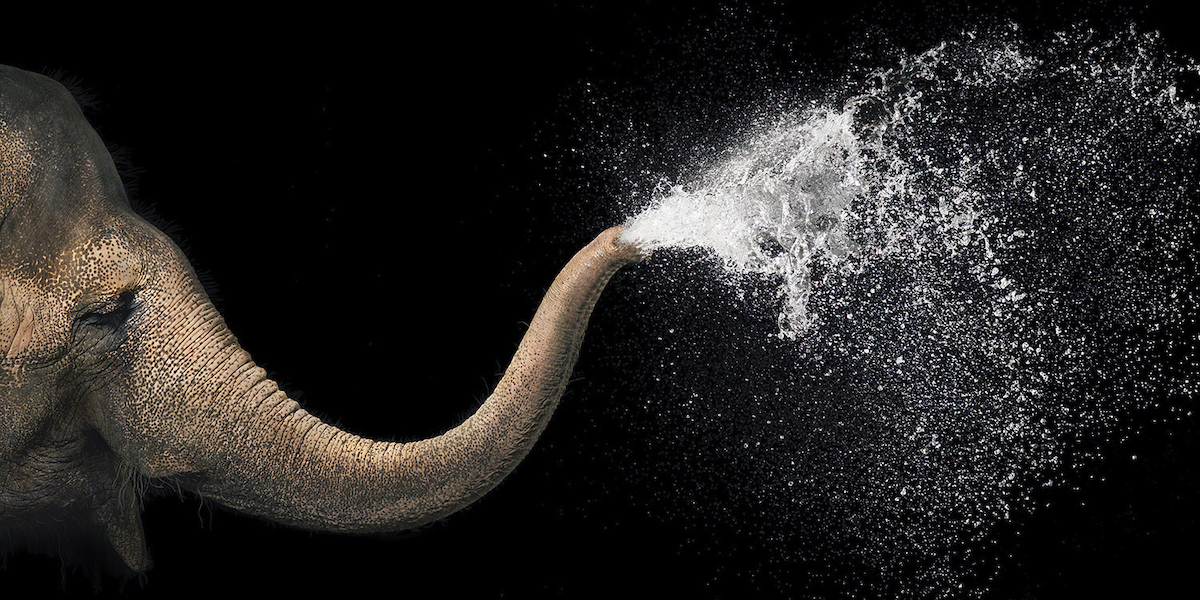
“Elephant Spray” by Tim Flach
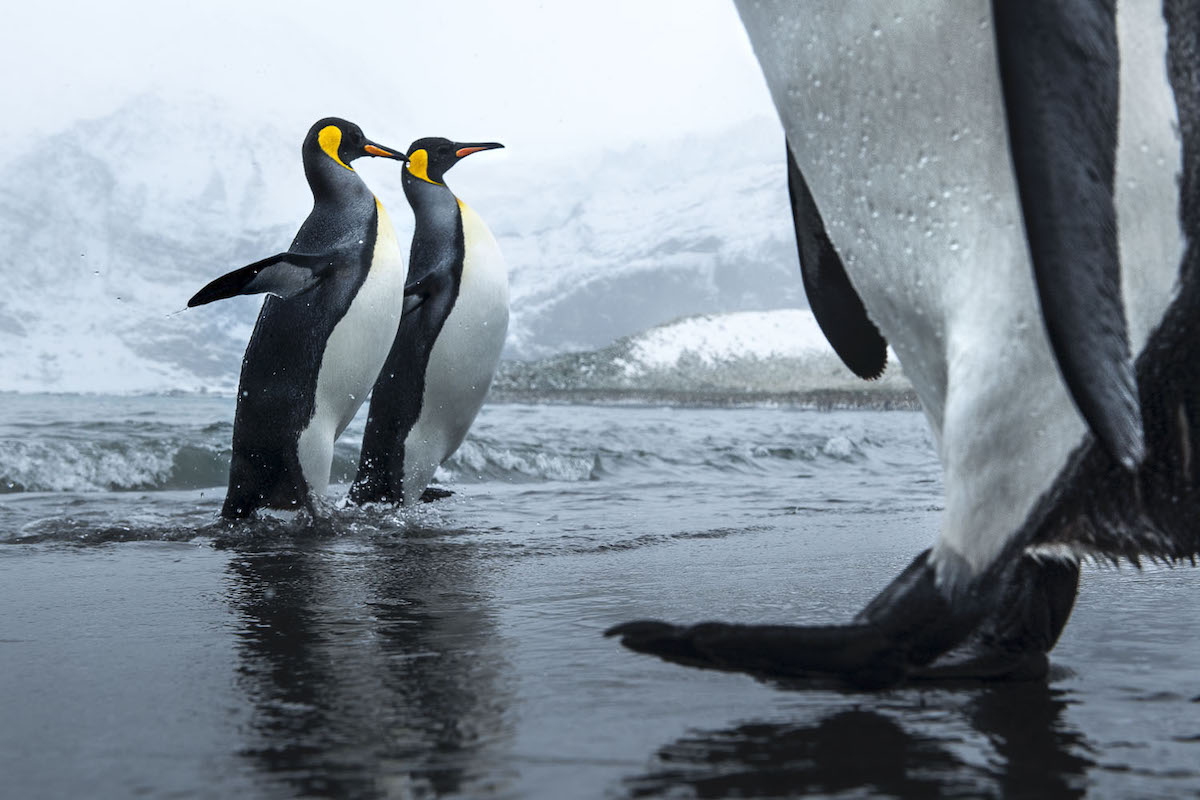
“Krill View” by Thomas Vijayan
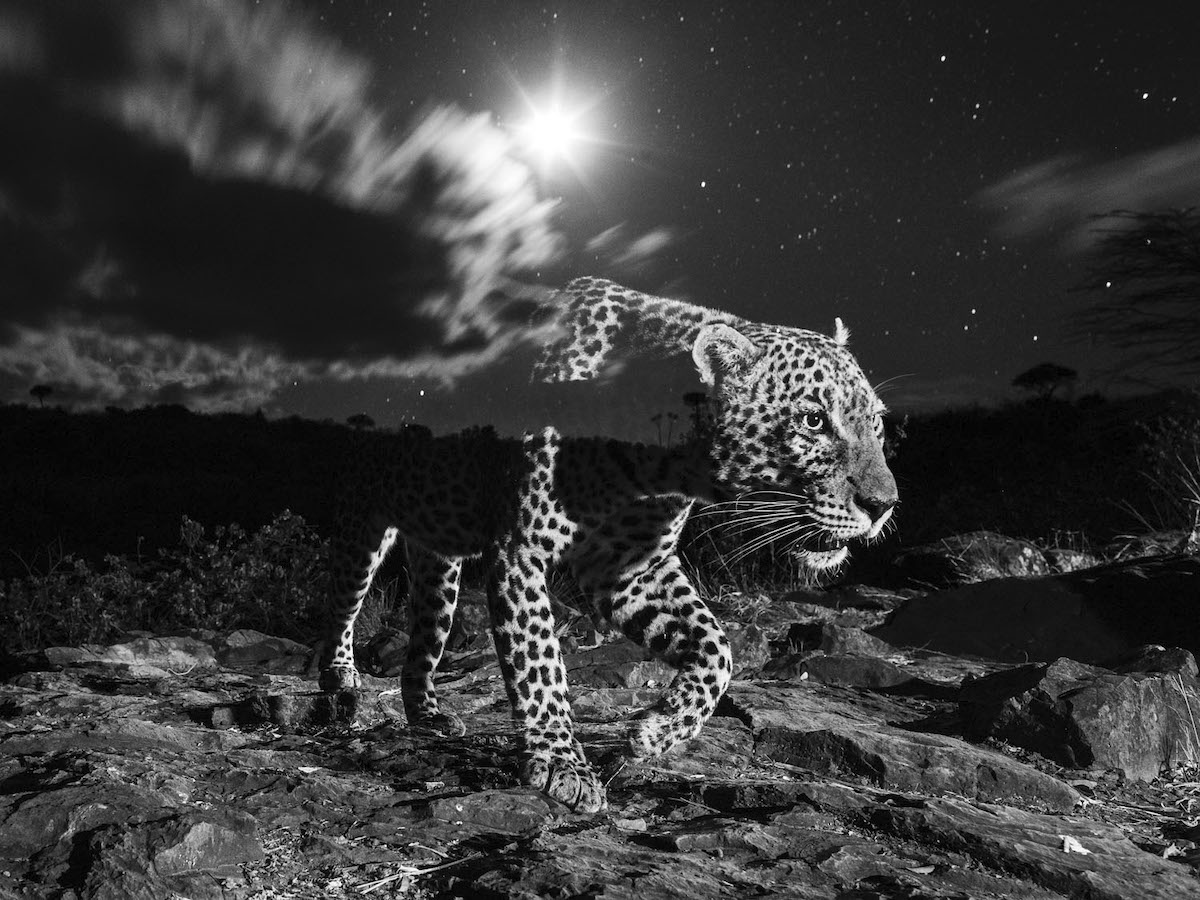
“Ghost” by Will Burrard-Lucas
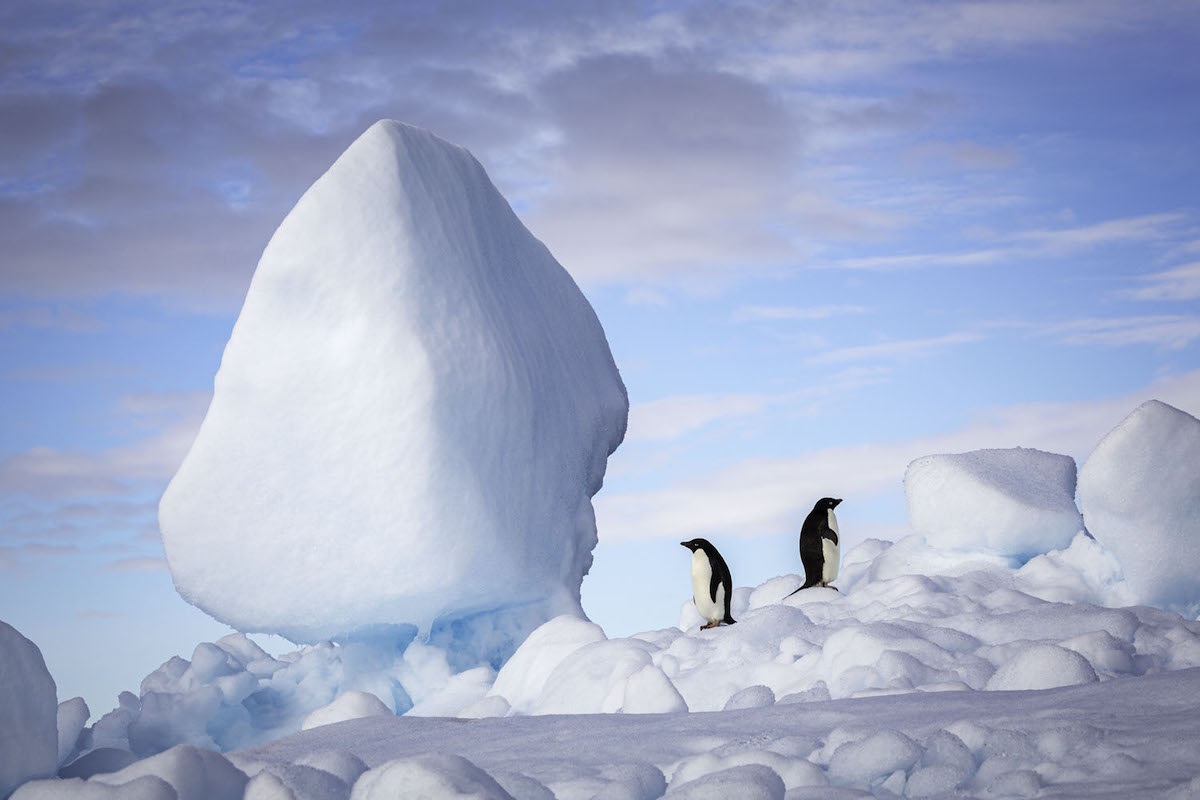
“Two Adelie Penguins” by Jonathan Irish
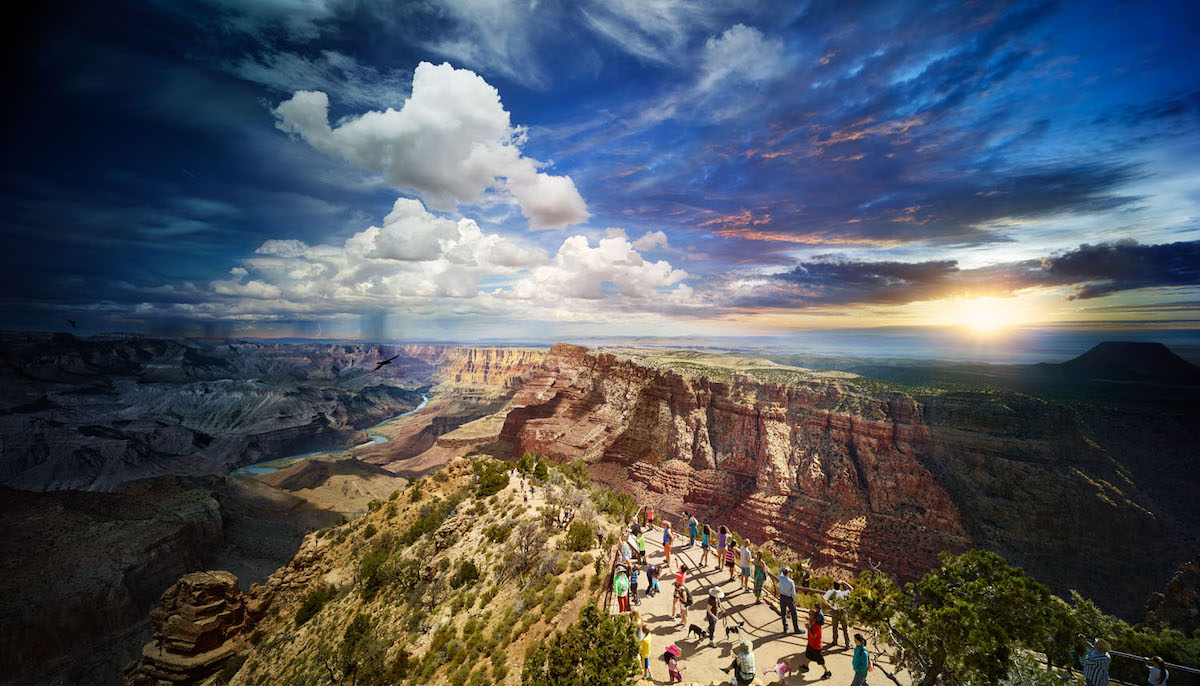
“Grand Canyon Day to Night” by Stephen Wilkes
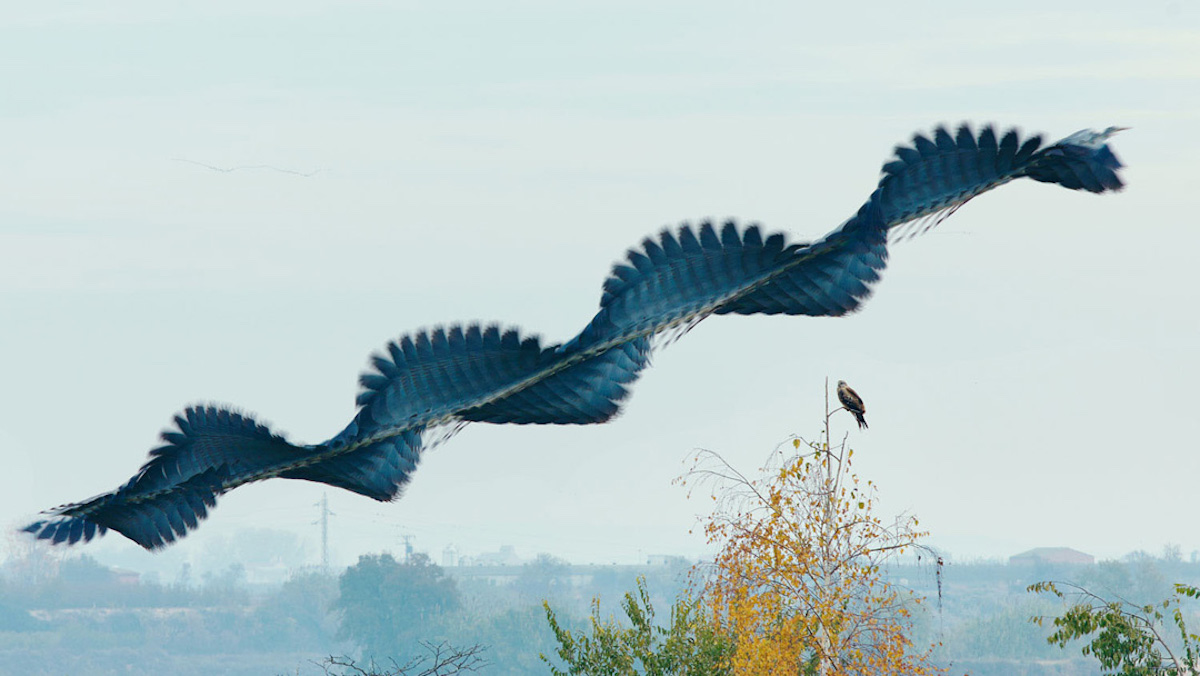
“Ornithography #40” by Xavi Bou
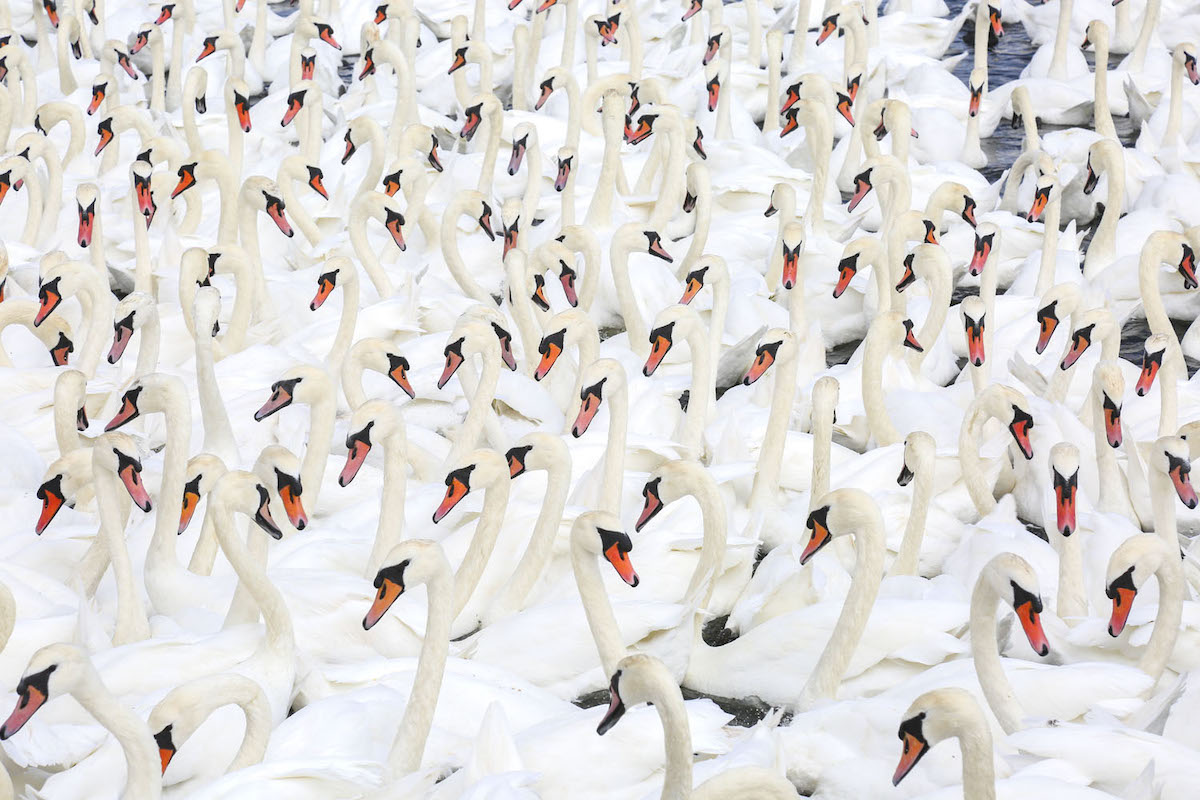
“Mute Swans” by Graeme Green
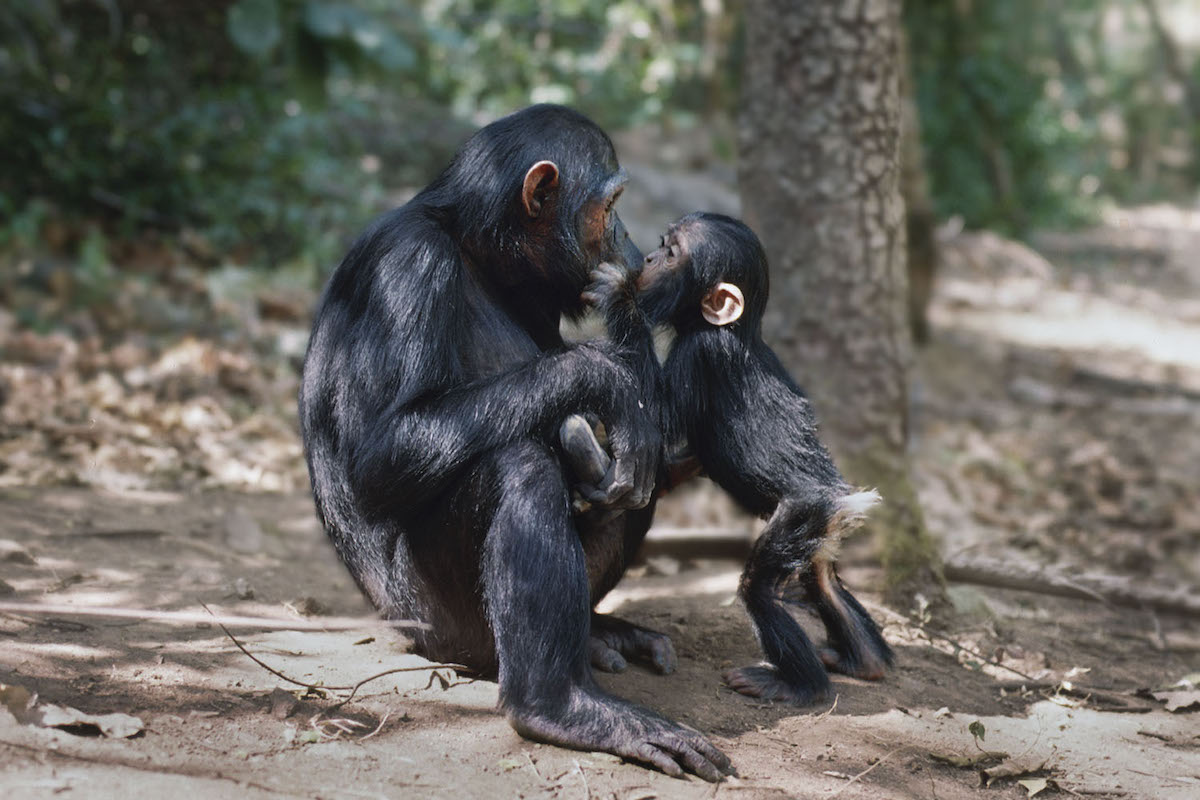
“Kiss” by Jane Goodall
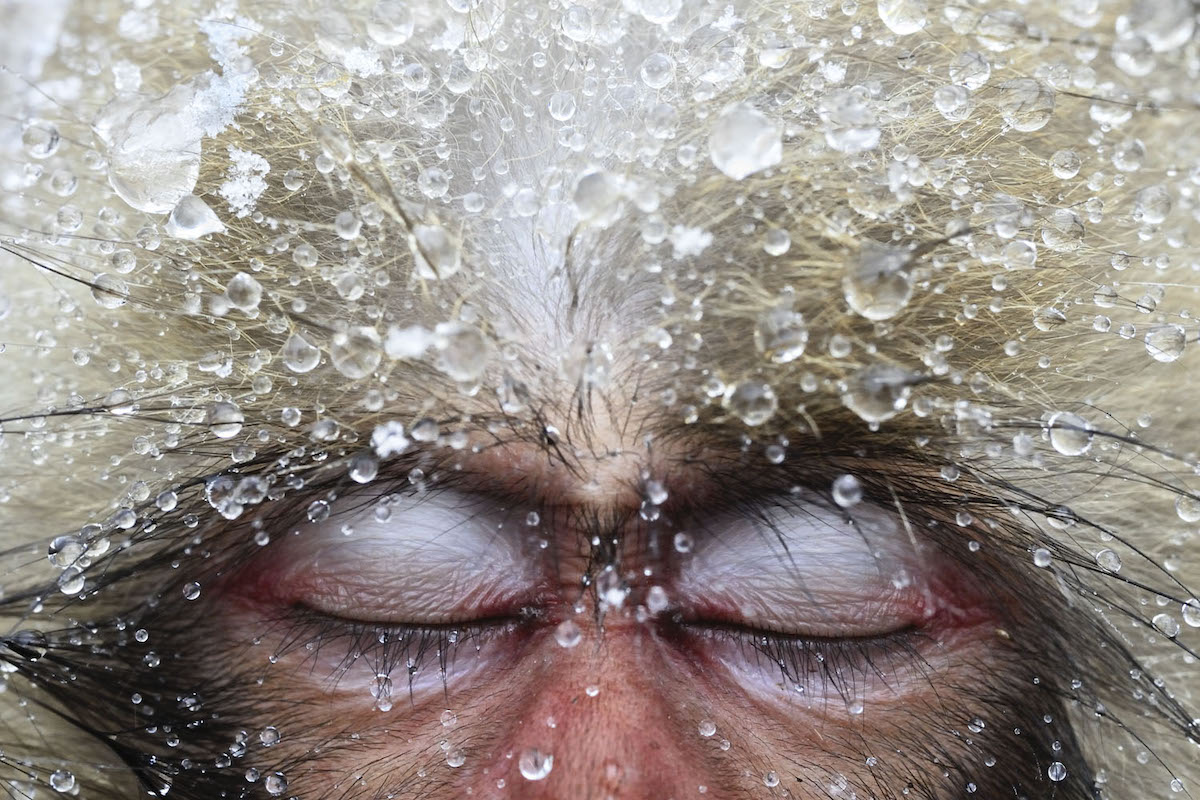
“Young Japanese Macaques” by Jasper Doest
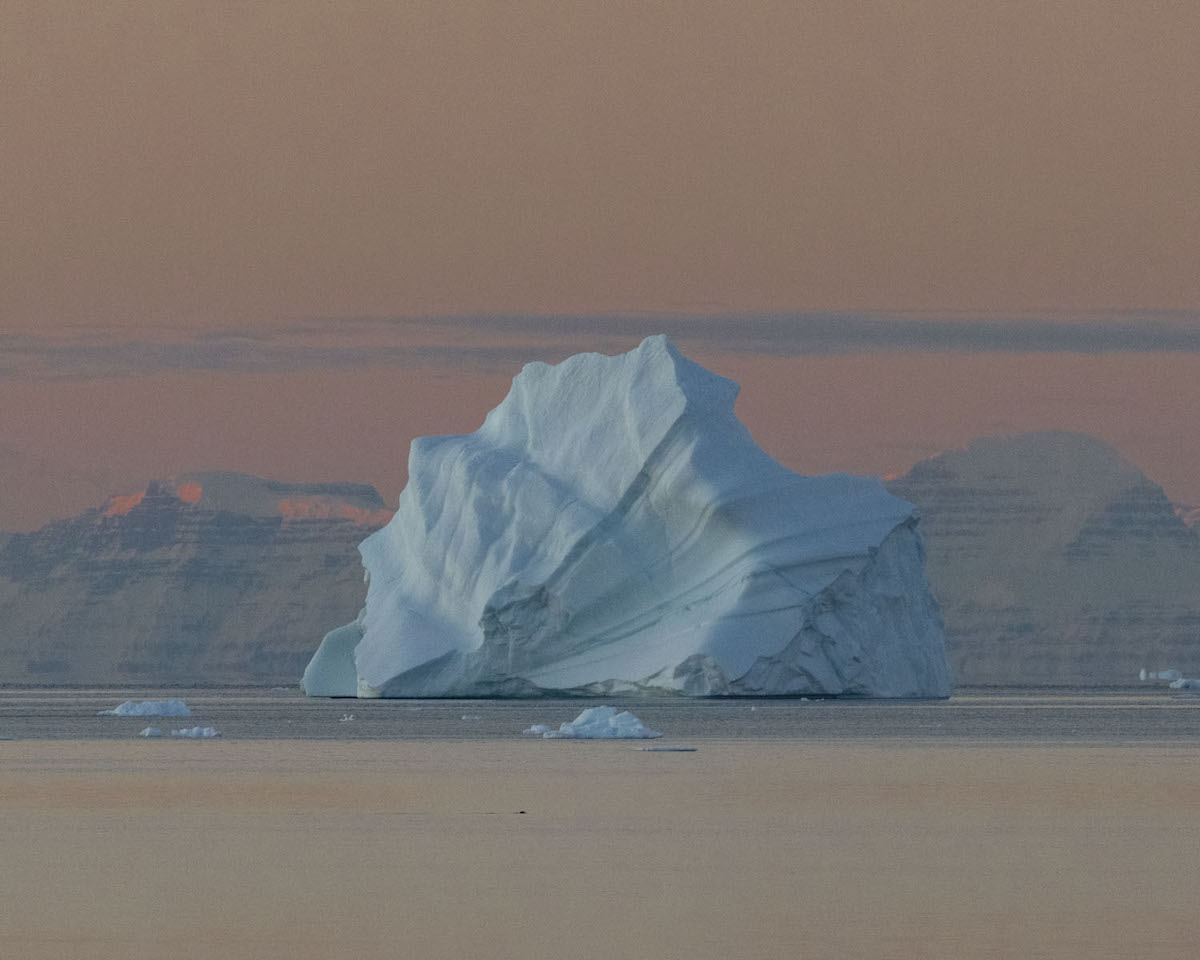
“Arctic Color Study No. 5” by Acacia Johnson
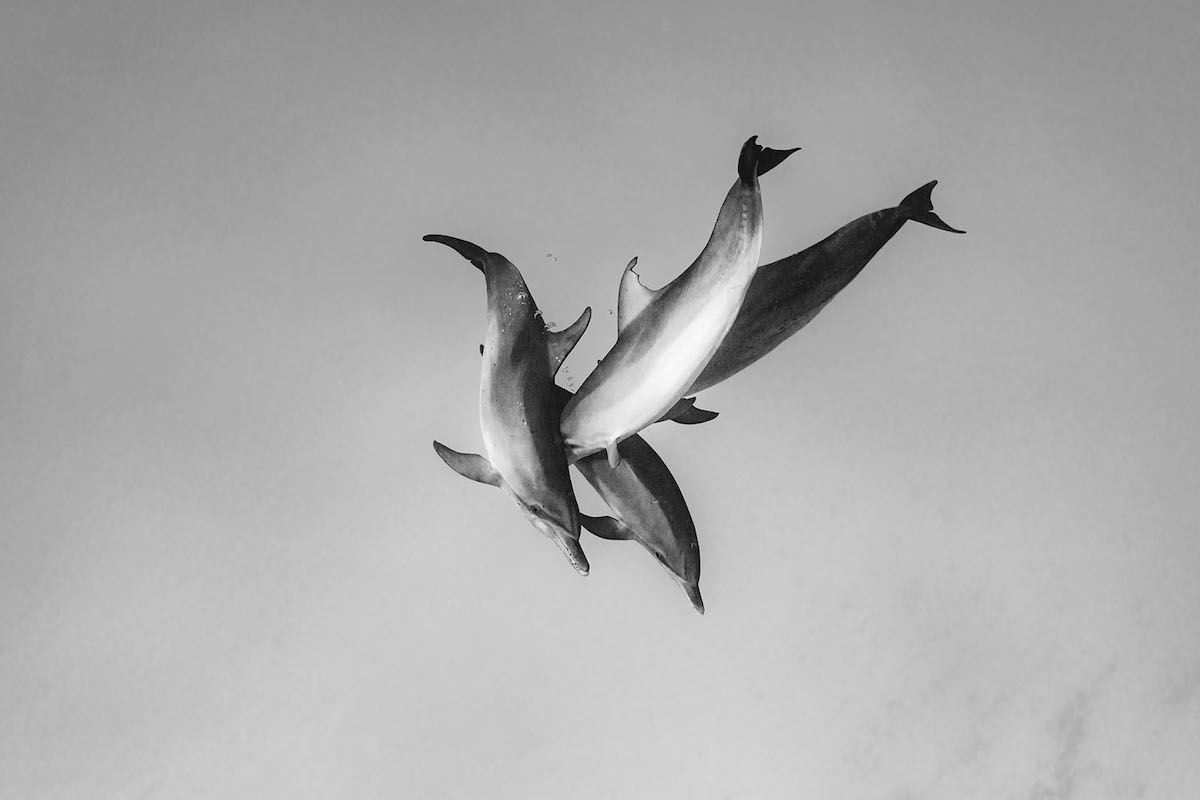
“Secrets” by Cristina Mittermeier
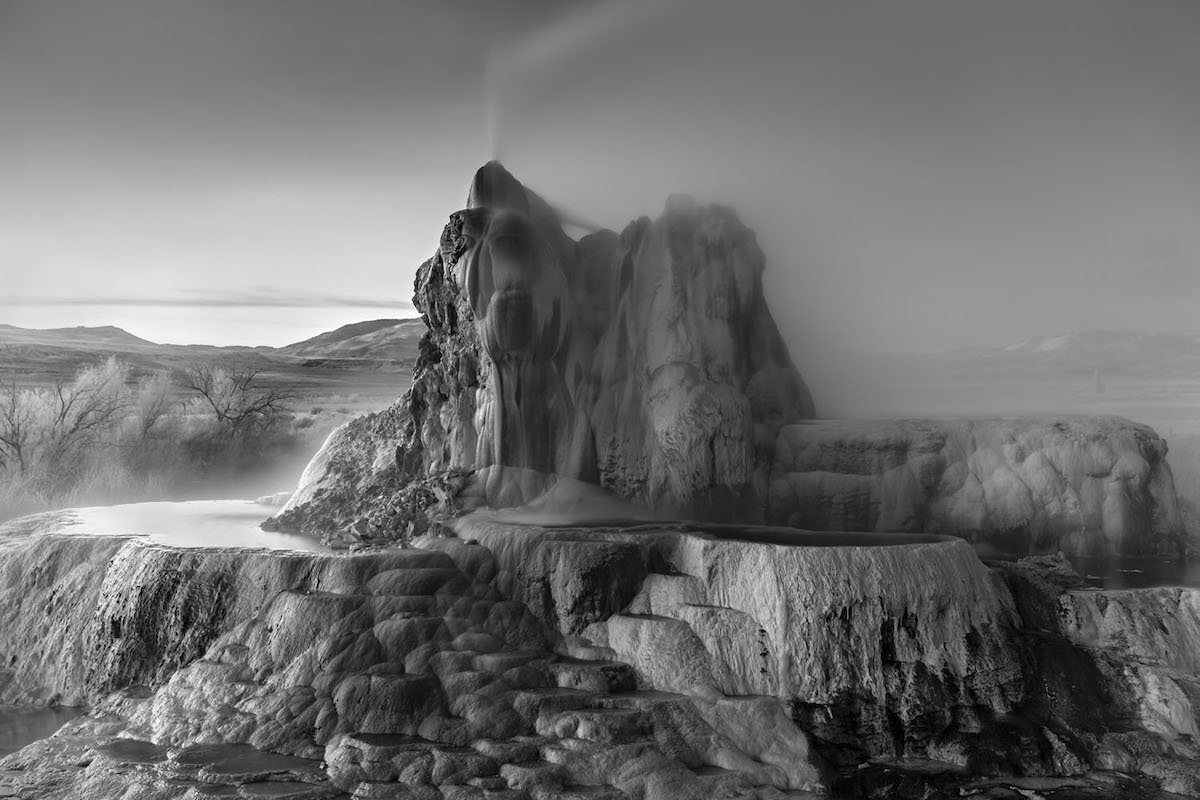
“Fly Geyser” by Mitch Dobrowner
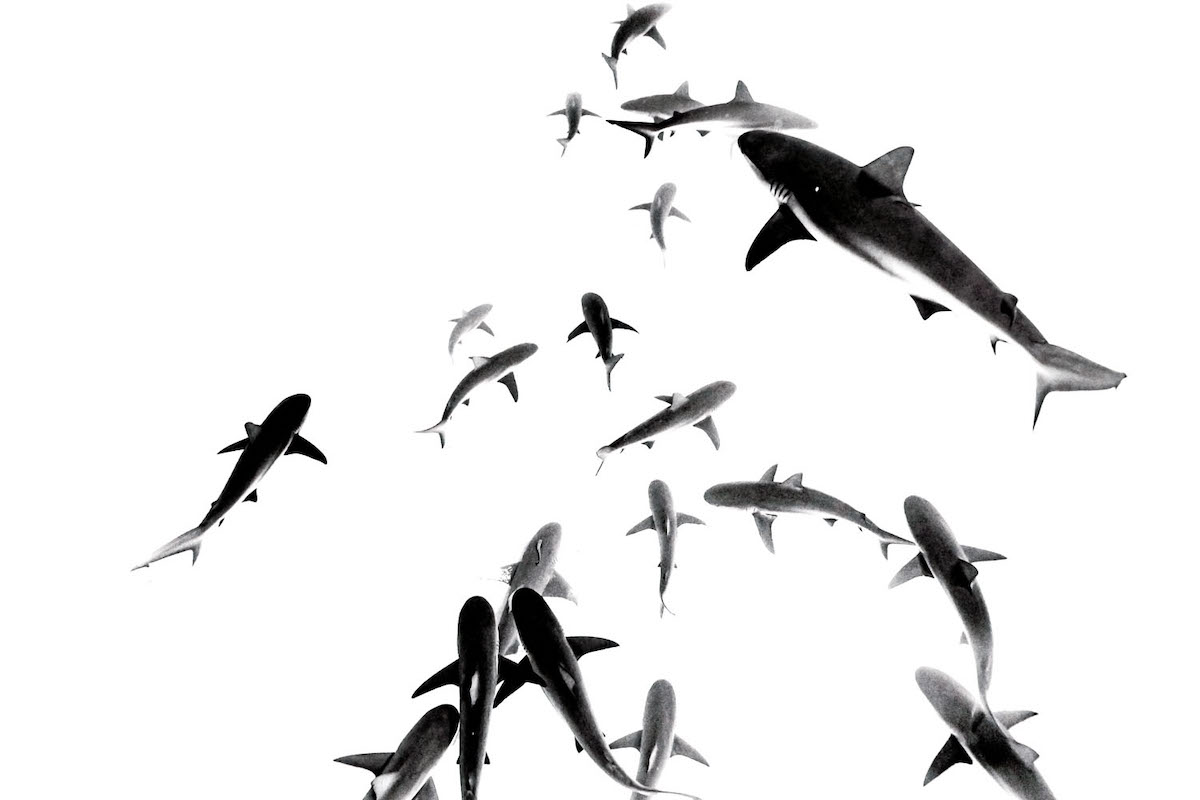
“Sharks” by Jonathan Z. Lee
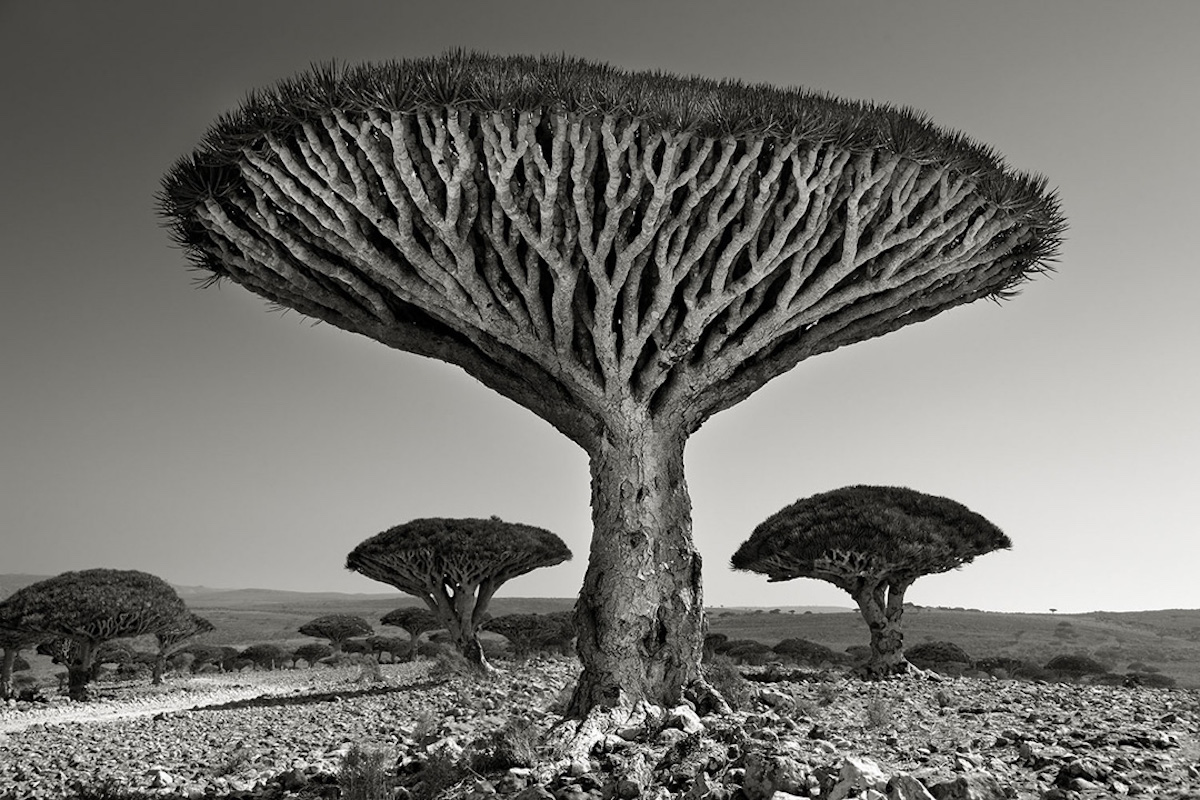
“Shebehon Forest” by Beth Moon
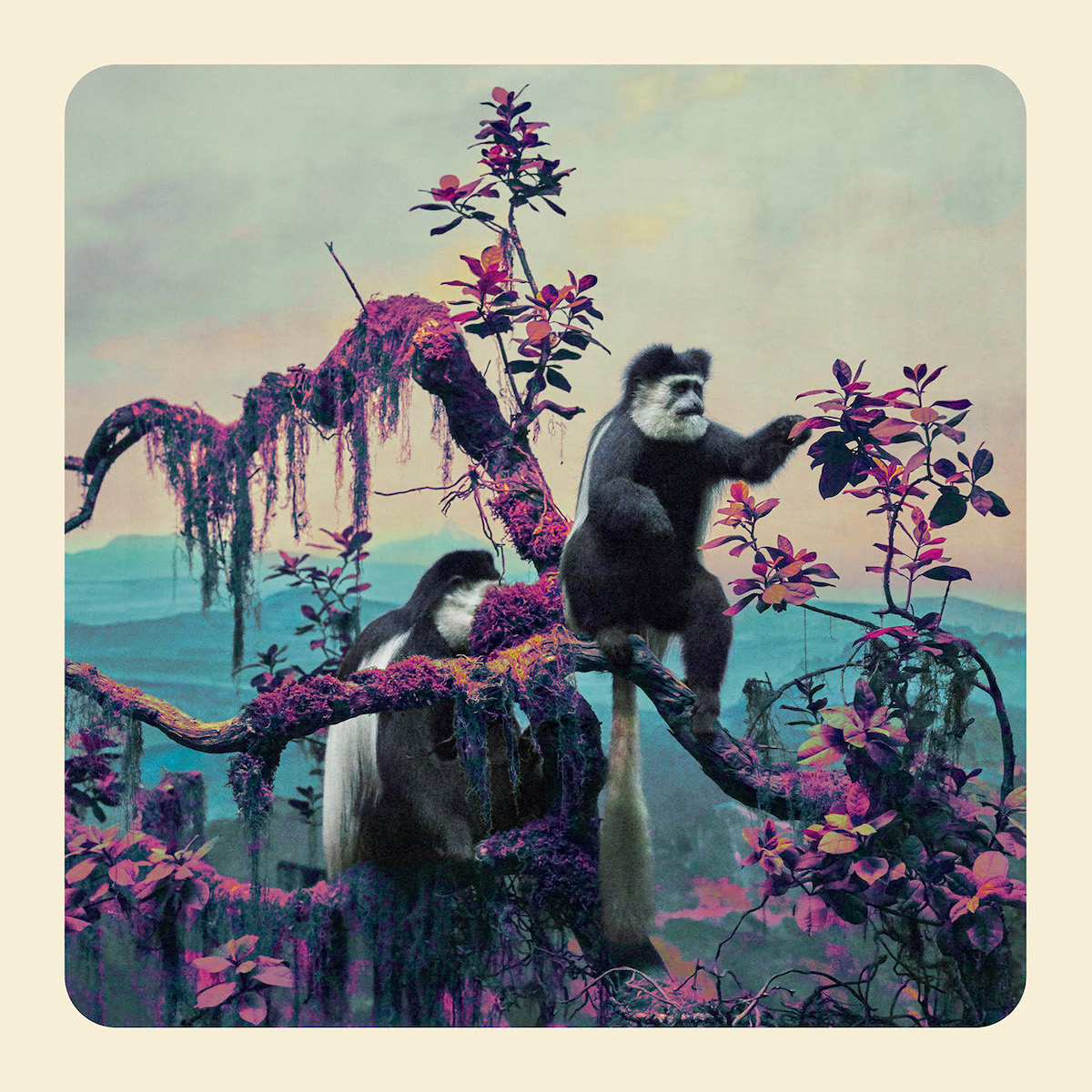
“The Colobus” by Jim Naughten











































































